This content has been archived. It may no longer be relevant
As a legal clerk, Michael Bidwell was told his sexuality would ‘hold back his career. ’
Since then, he has blazed a rainbow path, determined to achieve diversity and inclusion within the legal profession. Now, a respected environment and planning lawyer at Herbert Smith Freehills, Director and Vice President Qld of ‘Pride in Law’ and a rainbow community advocate, Michael is no stranger to challenges, but also no stranger to persistence and hard work.
SD: Tell us a bit about yourself and your journey in law so far?
MB: My journey in law started in Michigan when I was 14. I advocated on behalf of my teachers to renew their contracts. Town halls approved the contract renewals, and some people then suggested that I pursue law. I remember telling myself if I was going to become a lawyer, I wanted my practice to be something that matters and a big part of that reasoning was because I was bullied at school in a small town for being gay and ‘different’.
At 15 years old, I decided I would become an environment and planning lawyer – something that matters for how we move forward in the future. I signed up for a website that sent me emails from different universities and I ticked the ‘international’ box thinking ‘why not?’ Griffith University emailed me about their dual Bachelor of Laws/Bachelor of Science (Environment) program.
Mum and I hopped on a plane having never even heard of the city ‘Brisbane’, and stayed in the backpackers above Down Under Bar (sorry Mum!) and we had the best holiday guided by the staff from Griffith University.
At 19 years old, I left Michigan on my own and moved to Brisbane, I still remember my Mum and Brother leaving for the airport and thinking to myself, ‘what the hell have I done?’ It took time for me to become comfortable as an international student because I was ‘different’.
“You can have it all, just not at the same time. I think the balance is found in the people that you work, live and spend time with. If you work, live and spend time with understanding people, you learn to balance with them instead of by yourself.”
– Michael Bidwell
My Brisbane law journey began at a law firm that didn’t have a formal committee or support for the LGBTQ+ community. One of my first conversations with a Partner resulted in him telling me that my sexuality would hold back my career. Whilst at this firm, I endured a number of horrible experiences that quickly made me feel like I didn’t belong in this profession.
At same the time, my personal life was significantly suffering because I was dating an abusive partner and I soon hit a breaking point. I sat on my bathroom floor, crying and ready to quit the legal profession when I decided if I was going to leave, then I was going to go out with a bang.
I spoke to another Partner and together, the time we developed a formal committee for the LGBTQ+ community within the firm. Unknowingly, one employee changed my entire perspective on my belonging in the legal profession. They said to me ‘you have saved lives because of what you did – this profession needs people to stand up and stand out’. It took time for me to stand up and stand out because I was ‘different’.
I moved to Herbert Smith Freehills and have been there for the last year and a half. It was the best decision I’ve ever made. I work with brilliant people who genuinely care about diversity and inclusion. I received advice early on in my career that if you don’t see yourself in your boss, you are in the wrong job because if you stay, your boss is your future. My boss Madeline Simpson is a Queen who I am forever grateful to. Madeline and I love a glass of champagne, we share the same values and I feel celebrated at this firm because I am ‘different’.
My presence was a challenge to the status quo. I have always been the hype man for everyone else and I have learned that I also have to be the hype man for myself. This means that I have learned to fight and choose better opportunities for myself. The experiences that caused me pain, now cause me power because I am ‘different’.
SD: Where would you like to see the legal profession in 5–10 years’ time?
MB: I would like to see the profession reflect the community that it serves – race, nationality, disability, gender identity and sexual orientation. This will increase access to justice, particularly for the First Nations and culturally and linguistically diverse members of the community.
It will also inspire those who are ‘different’ to dream bigger than ever before. I often say that you cannot be what you cannot see, but sometimes you have to be it. When one person stands up and stands out, it makes it easier for the next person who makes it easier for the next person, and so on.
SD: What do you think we can do, as a profession, to help realise that 5-10 year vision?
MB: The profession should be part of our broader duty to the community to empower those who are ‘different’ to join and remain in the legal profession. There are many ways that everyone can play their part depending upon their capacity and capability. Some broad ideas that come to mind are actively learning about the experiences of others, being visible if you find it safe to do so, being an ally to others and advocating when required.
As a profession, we love our structure so we also need the structure in place to help achieve that 5-10 year vision. There are already a lot of really fabulous people and organisations doing really great things and I think we need to bring them together to highlight intersectionality and collegiality within the community.
SD: What would be your advice to someone who is just joining the profession?
MB: You have always been, and you will always be, enough. The legal profession gives you some of the most rewarding and challenging experiences of your life, and you need to know that you will always have value.
SD: Could you speak to your life in law; associations you may be a part of and how to find that balance?
MB: I don’t have any children but ‘Pride in Law’ like my child. I put a lot of effort into that organisation to help it continue to grow Australia-wide. I am very fortunate to volunteer with some of the most loving and creative people and we’re working toward a common goal of creating a safe space for LGBTQ+ legal professionals and their allies. The three pillars are education, visibility and advocacy – hopefully helping achieve that 5-10 year vision!
The Queensland Law Society Diverse Abilities Network is also a delight to be a part of with some of the most inspiring people I’ve ever met. I still remember our very first meeting where everyone was a bit nervous about attending and opening up about their experiences. Immediately, I felt the intersectionality between the LGBTQ+ and disability communities because there is the ‘closet’ that prevents people from revealing more about themselves. Please look up the fabulous people in this network and learn from their stories.
You can have it all, just not at the same time. I think the balance is found in the people that you work, live and spend time with. If you work, live and spend time with understanding people, you learn to balance with them instead of by yourself. I think two cornerstones to this balance are communication and trust to achieve the respective outcomes for work, organisations and life!


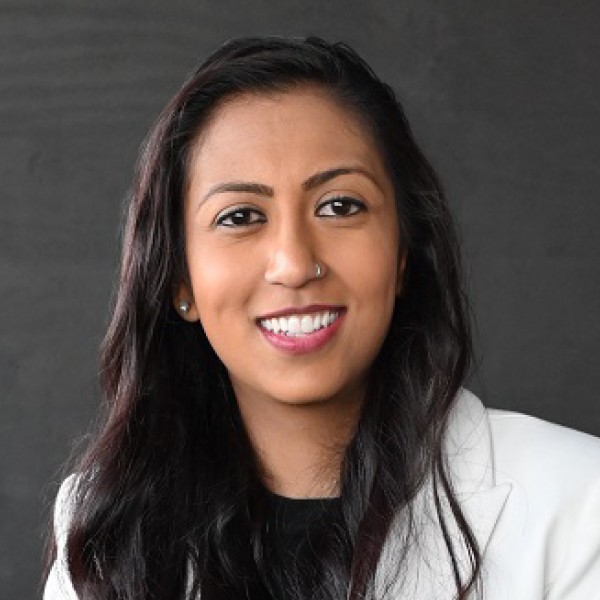
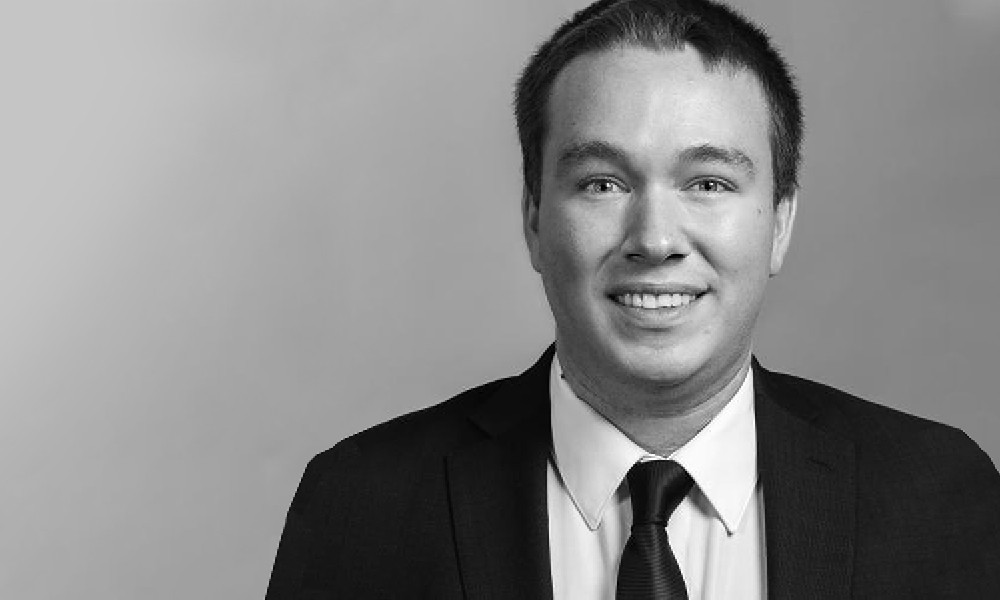



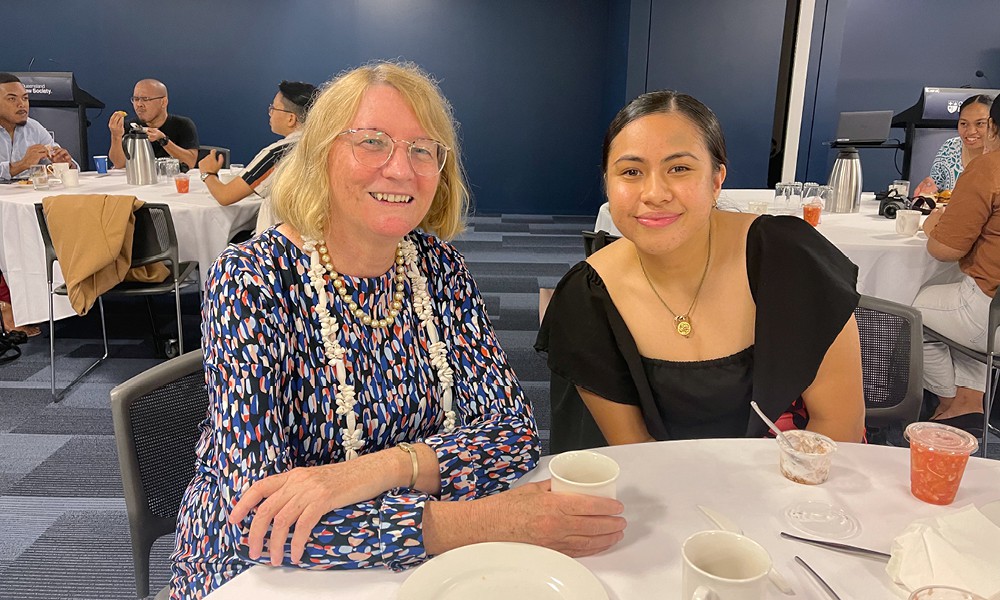
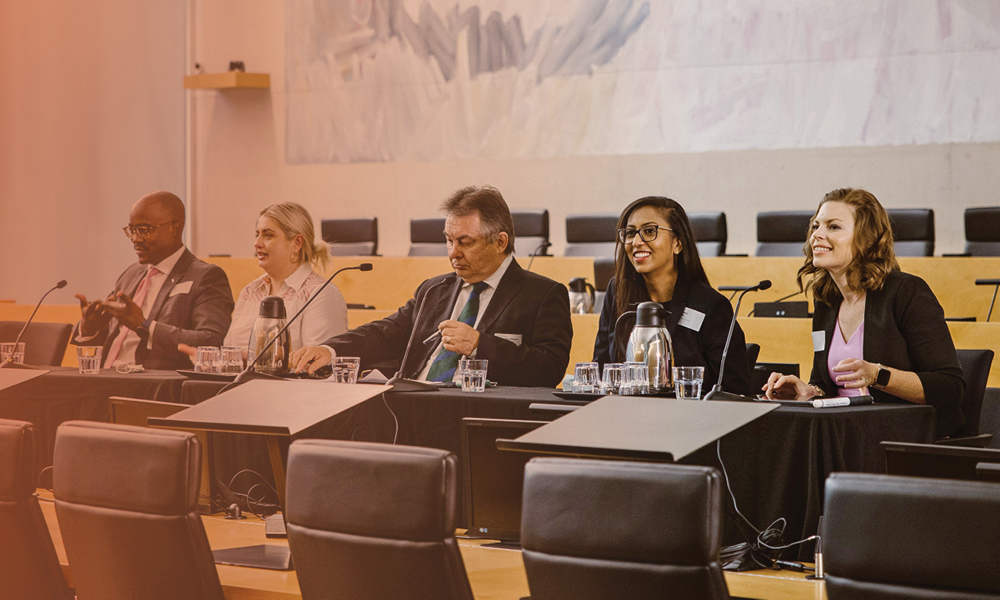
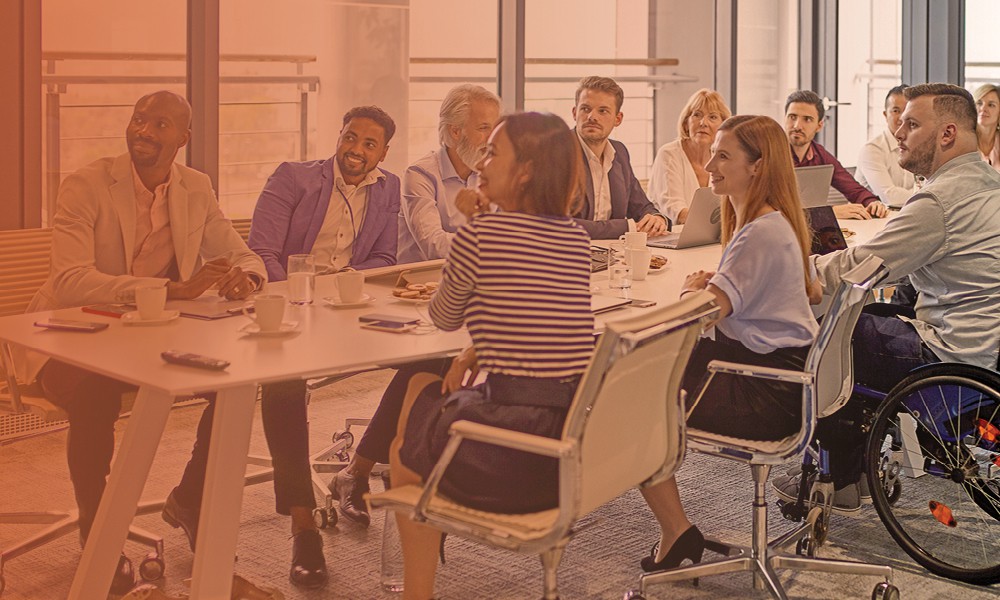
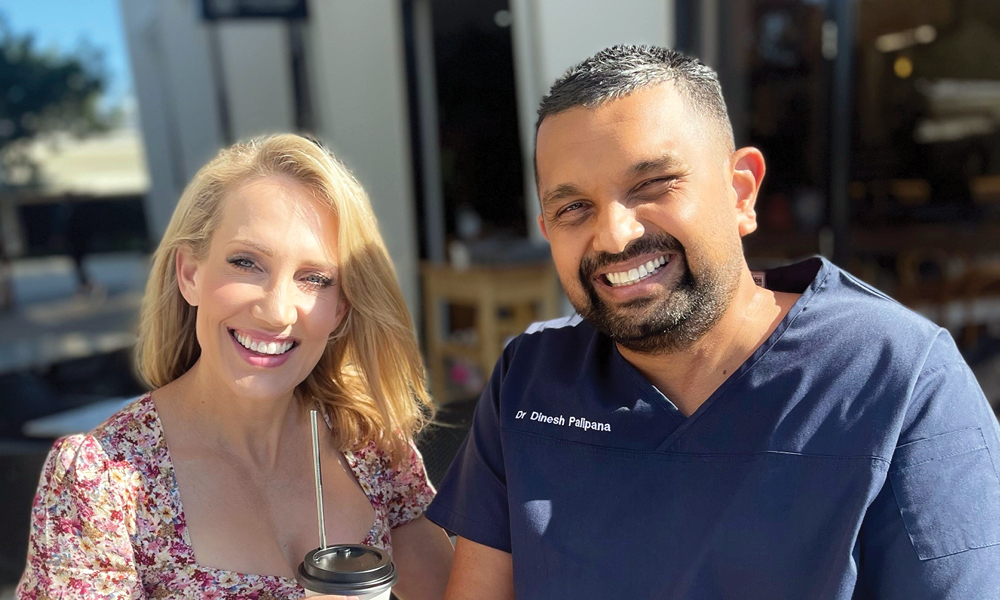
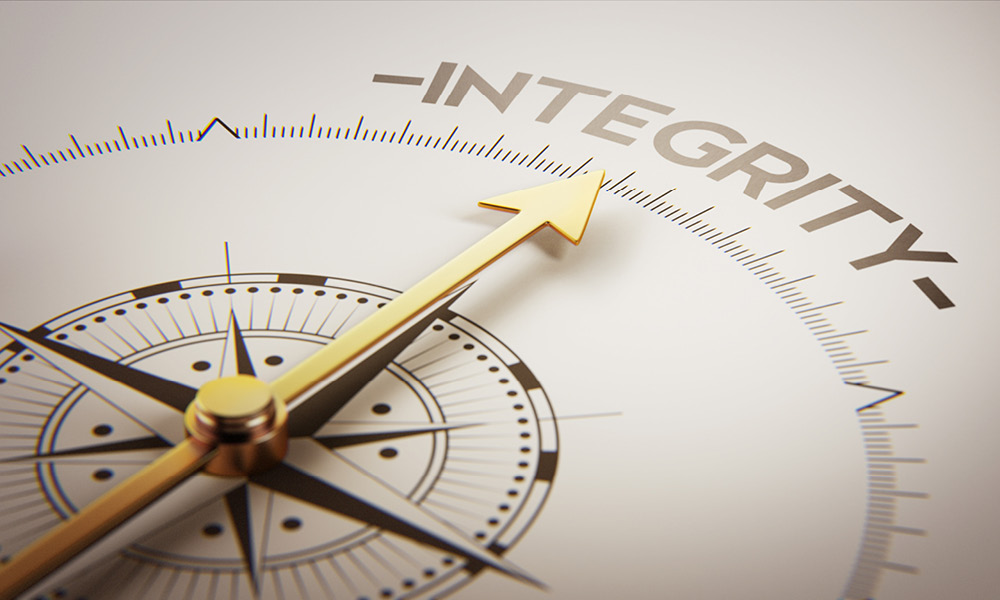

Share this article